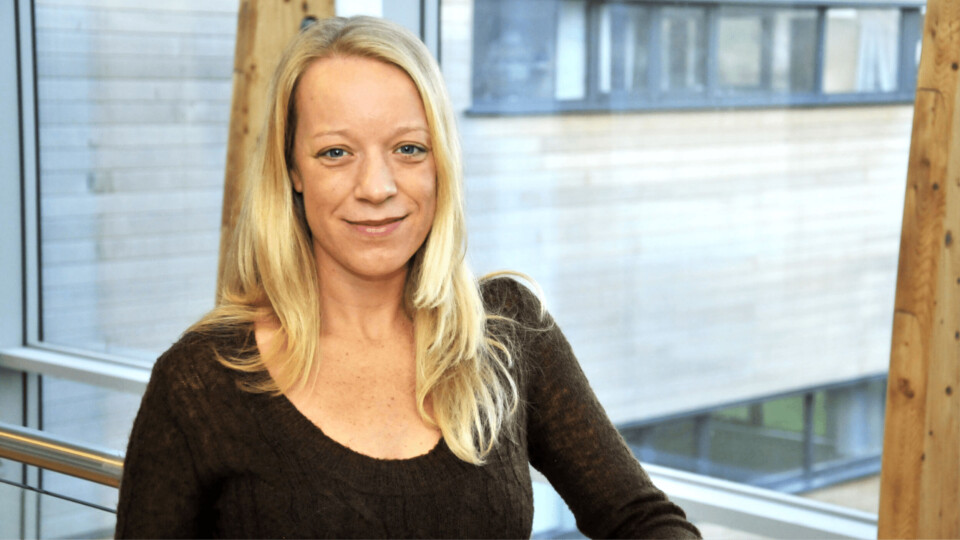
How worms can cut costs of land-based aquaculture
A marine ecologist awarded a £1.2 million fellowship to research the use of aquaculture sludge to grow worms for animal protein has given details of how finfish farmers might benefit from her science.
Dr Georgina Robinson from the Scottish Association for Marine Science (SAMS) has formed a commercial partnership with Great British Prawns (GBP), based at Balfron in Stirlingshire, but is also open to collaboration with other commercial partners, which might include salmon hatcheries or smolt nurseries.
Robinson hopes to save GBP the cost of on-site sludge removal and remediation from its recirculating aquaculture aquaculture system (RAS). She also intends to provide GBP with an extra revenue stream by growing polychaete worms – so-called deposit feeders – on the prawn farm sludge.
No disposal charge
“Their RAS is powered by anaerobic digestion. They have tried to feed the sludge back into the system, but it poisons the system. This system will provide a mechanism for them to produce high value marine polychaete worms from the sludge and have no cost to dispose of sludge,” the researcher told Fish Farming Expert.
Robinson doesn’t envisage her relatively low-tech sediment-based system to be included in the filtration loop of modern finfish RAS systems, but says there’s potential to integrate it as a downstream hybrid production and effluent treatment unit dovetailed on to partial re-use and conventional RAS practices.
She points out that passing discharge water through a downstream sediment-based treatment system may reduce particulate and dissolved nutrients prior to discharge or re-use.
Reduced energy costs
If the water exiting the system was fed back into the RAS loop, fish farmers may benefit from:
- reduction in the energy costs and surface area required for filtration systems treatment;
- reduced nutrient levels in effluent prior to discharge;
- reduced costs for purchase of buffering chemicals.
It was announced last week that Robinson, who is based in Mauritius, had been awarded a UK Research and Innovation (UKRI) Future Leaders Fellowship worth £1.2m to fund her research for the next six years.
Hig-protein food source
A key part of her work is to stop reactive nitrogen – which can be used to pioneer sustainable food production systems – from being converted by RAS filtration technology into its inert form as nitrogen gas in the atmosphere.
Instead, Robinson proposes a system that will recycle this waste by using it to feed deposit feeders – sea cucumbers in tropical climates and marine worms in temperate climates – which can then be farmed as a high-protein food source for humans and livestock.
Her system is designed for point-source collection and downstream treatment of particulate waste primarily from land-based intensive aquaculture, e.g. drum filters in a recirculating aquaculture system.
Closed containment systems
However, it also has potential to be used in any aquaculture production systems that generate particulate waste in the form of uneaten feed and faeces, such as closed or semi-closed containment systems for salmon farms at sea.
Her approach upcycles and remediates nitrogen-rich effluent from aquaculture, by pairing carbon-rich waste streams from agriculture.
The energy generated by micro-organisms breaking down the waste can also be harnessed as a sustainable source of electricity, and the addition of carbon sources and deposit feeding invertebrates will enhance the overall energy generation potential.























































